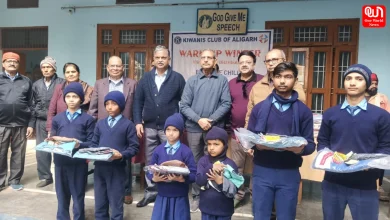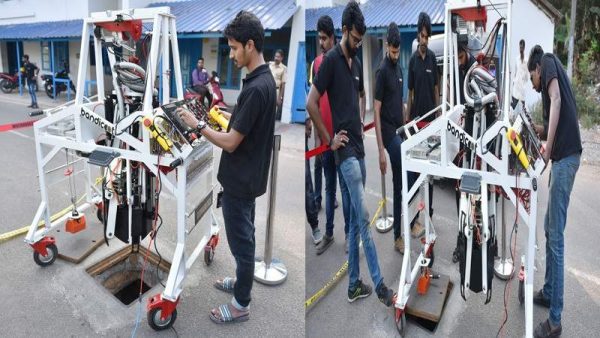SRCC’s ECONOMIC SUMMIT 2015

SRCC’s ECONOMIC SUMMIT 2015
One of the leading colleges in India, The Shri Ram College of Commerce, Delhi University, organized their annual national level economic summit, SRCC ECONOMIC SUMMIT recently.The college is known for bringing the best speakers and renowned personalities on the panel to discuss various things about the business and the economic world out there. Inspiring speakers like Shri Narendra Modi, Honourable Prime Minister of India, Dr. APJ Abdul Kalam, Former President of India, Mr. Pranab Mukherjee, President of India, and Mr. P. Chidambaran, Former Finance Minister of India have been a part of SRCC’s list of speakers till date.

Mihir S Sharma during the knowledge session at SRCC
In its first instalment, SRES’ 13 witnessed speeches delivered by the likes of Dr. C. Rangarajan (Ex-Governor of Reserve Bank of India)and Dr. Ashok Gulati (Chairman of Commission for Agricultural Costs and Prices, Government of India), to an audience compromising of students, teachers and professionals alike. SRES ’14 witnessed eminent speakers like Dr. NachiketMor (Member to the Central Board of Reserve Bank of India), Mr. OnnoRuhl (Country Director, World Bank) and Mr. Vinod Rai (Ex-CAG of India).

Nirmala Sitharaman at Economic Summit of SRCC
This year, the Shri Ram Economics Summit aimed at retaining its ability to impart valued, simplified economics to the undergraduate demographic, whilst serving as a platform for those distinguished in the profession to share their perspectives on current, relevant economic issues with the brightest minds in the country. This year the programme list included interesting topics that raised questions amongst the SRCCians and also, held a big economic debate with speakers like Surjit Bhalla (Chairman and MD of Oxus Investments), ArunMaira (Former Indian Chairman of Boston Consulting Group), Rohit Azad (Assistant Professor JNU) and Dr. Arvind Virmani (Ex-chief economic advisor of the government of India, India’s representative to the International Monetary Fund).

Nirmala Sitharaman talking about the Make In India Campaign
Focussing on the theme ‘Promotion of Enlightenment and Knowledge’, the session started by talking about the ‘Make in India’ campaign, the concept which has been in question since its inception. The entire first day focussed on if the campaign is achievable or just a dream. On one hand where various speakers like Nirmala Sitharamam (Minister Of State for Ministry Of Commerce & Industry and Minister Of State for Finance and Corporate Affairs), SurjitBhalla and Mihir S Sharma (Columnist, Business Standard) were in support of this campaign, various other speakers questioned that if industrialization is going to be the focus then what would happen to the lowest income sector i.e.the agriculture sector- which is the core sector, instead of its fall back.

S.Subramanian giving out knowledge to students at SRCC
The session also looked upon the growth of GDP as well, through which the students got to know some of the unknown and shocking facts- one of them being that though the GDP is growing the factors of the growth are not employment, education, health and equality. Also that now the concentration should be more on bridging the health gap between women and men. In one of the sessions, the audience also got in touch with the realities of the economic and business sector and got to know how it really works. Mihir.S Sharma, during his workshop spoke about how private companies after getting the bid, make amendments in the project according to their comfort and how in some of the cases the government is bullied by such private companies.

S.Subramanian, retired professor from the Madras Institute of Development Studies
The students also got enlightened with the fact that it is the time to work on the management skills rather than just holding seminars and how just having a bookish knowledge will not help them to understand the realities of the market. The speakers also spoke about the fact that the rules and regulation in our country to start up a new business and making an exit from the same is very hard, so it needs a reform, especially for small enterprises. And it is important that doers and policy makers should be equal participants of resource and policy making which is lacking in the present scenario. The event ended with a lecture by SindhushreeKhullar (CEO of NITI Aayog), who spoke about reimagining the development agenda: From Planning to NITI.







